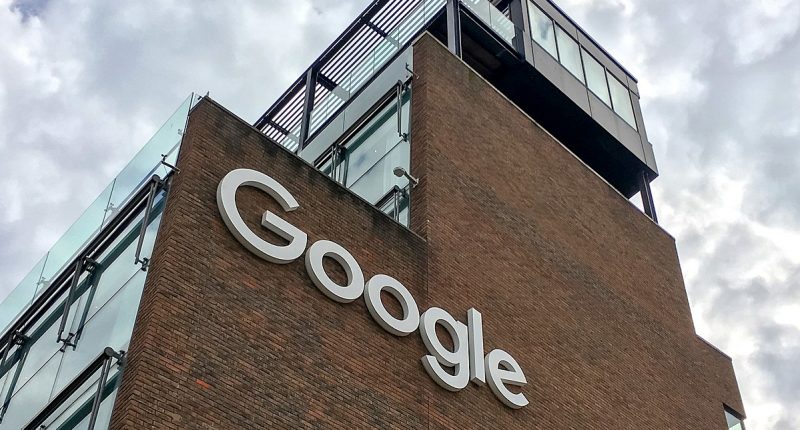The new IT rules have proved to be a headache for major social media platforms like Facebook, WhatsApp, Instagram, and Twitter, who have no choice but to comply should they wish to stay in the world’s second-largest internet market. On Wednesday, US-based tech giant Google added its name to the list, saying that the IT rules were not applicable to its search engine and asked the Delhi High Court to set aside an earlier order passed by a single-judge bench, which applied to the company in relation to certain offending content from the internet.
The decision by the single-judge bench had come over a case where a woman’s photographs were being uploaded on a pornographic website by some miscreants without her consent, and despite court orders instructing the removal of the content, it could not be removed in entirety from the internet and “errant parties merrily continued” to repost and redirect the content to other sites.
A bench of Chief Justice DN Patel and Justice Jyoti Singh had issued notices to the Centre, Delhi government, Internet Service Providers Association of India, Facebook, the pornographic site and the woman asking for their responses to Google’s plea by July 25. The court added that no interim order was going to be issued at this stage. The single-judge had on April 20 framed a template saying that the website on which the offending content was hosted would be directed to remove the same within 24 hours of receiving the court order, by ‘de-indexing’ and ‘dereferencing’ it in their listed search results, both in India and across the world.
Google said that its search engine had been “mischaracterised” as a ‘social media intermediary’ or ‘significant social media intermediary’ as provided under the new rules. If Google’s search engine is considered to be an intermediary, then it must, according to the court, “endeavour to employ pro-active monitoring by using automated tools, to identify and remove or disable access to any content which is exactly identical to the offending content that is the subject matter of the court order.” This is done to ensure that similar cases do not occur in the future, and if Google did not do as directed, it was liable to forfeit its privilege of exemption under the Information Technology (IT) Act, the court noted, and therein is Google’s protest.
“The single judge has misinterpreted and misapplied the New Rules 2021 to the appellant’s search engine. Additionally, the single judge has conflated various sections of the IT Act and separate rules prescribed thereunder, and has passed template orders combining all such offences and provisions, which is bad in law,” Google said, appealing against the April 20 judgement.
Google also sought protection against action that might be taken against it for not complying with the court’s guidelines.
The Tech Portal is published by Blue Box Media Private Limited. Our investors have no influence over our reporting. Read our full Ownership and Funding Disclosure →






